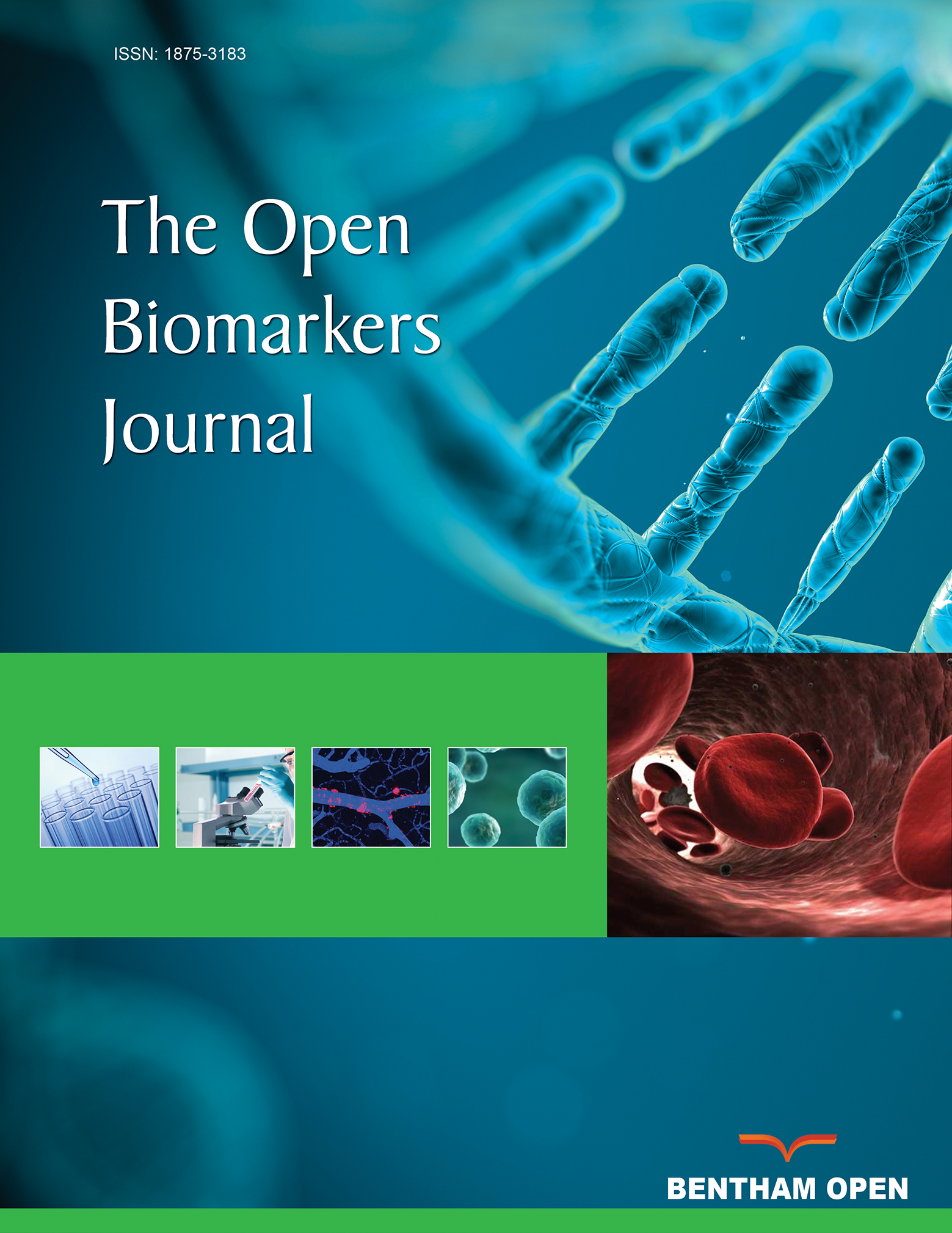All published articles of this journal are available on ScienceDirect.
Novel Risk Factors for Atherosclerosis
Abstract
Epidemiologic studies demonstrated that the classical cardiovascular risk factors explain only a part of the increased cardiovascular morbidity and mortality. Large scale studies have shown that novel cardiovascular risk factors, including increased plasma homocysteine, fibrinogen, C-reactive protein, uric acid levels, and increased white blood cells count as well as low adiponectin levels, might have a key role in the pathogenesis of the cardiovascular disease. This review examines recent literature data on the effect of novel risk factors on cardiovascular morbidity and mortality in healthy subjects as well as in subjects at high cardiovascular risk. In addition, the pathogenetic mechanisms linking the effects of the novel risk factors with atherosclerosis are discussed.


